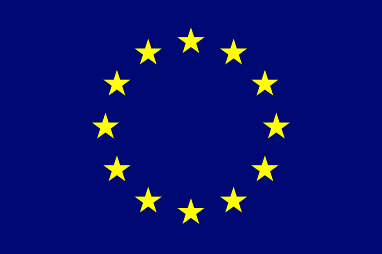VOICE out loud 30: Humanitarian action in the era of climate change!
The consequences of climate change aggravate the challenges faced by the most marginalised people around the world and drive an increase in their humanitarian needs. The COVID-19 pandemic, caused by the devastation of natural habitats and wildlife, came on top of the environmental crisis, and is again disproportionately affecting the poorest communities.
In this issue VOICE members explore the effects of climate change on humanitarian needs and how humanitarian NGOs are dealing with this. While the current pandemic exacerbates an already difficult situation it also presents opportunities to change and improve things for affected communities and in the ways humanitarians work.
A useful take from Islamic Relief is that every humanitarian action decision must be made with a view to how it will affect the planet and people’s resilience. ActionAid UK explains how women should lead preparedness actions. DanChurchAid talks about their efforts to curb the environmental impact of humanitarian missions while Cordaid and CARE tell us about their experience in strengthening community resilience in conflict-affected contexts and in vulnerable communities. International Rescue Committee addresses the links between urbanisation and climate change. COOPI and Polish Humanitarian Action describe their climate-change related projects in North Darfur and in Kenya.
In the “a closer look” section we have asked Diakonie Katastrophenhilfe to write about the situation in Venezuela and the exacerbation of people’s challenges in accessing food, water and medical services in the COVID-19 pandemic.
In the “Views on the EU” we have interviewed Ester Asin Martinez, former Save the Children EU Director and now Director of WWF EU, to hear about the importance of collaboration between environmental and humanitarian organisations to save people and the planet, her opinion on the European Green Deal, and how COVID-19 will affect the European response to the environmental crisis.

